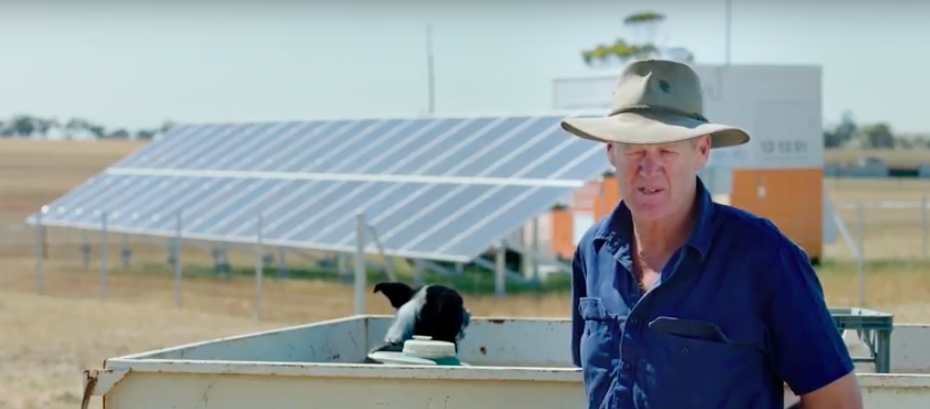Regional and remote communities across Australia will have the opportunity to apply for grants from a newly established $50.4 million fund, which aims to support exploratory work for up to 50 microgrid projects. The government’s move follows initiatives from big utilities to deploy stand-alone systems as a cost-effective alternative to maintaining and replacing ageing and skinny grid infrastructure.
The Regional and Remote Communities Reliability Fund will support communities to investigate whether establishing a microgrid is economically viable and whether existing off-grid capabilities can be upgraded with modern technology. Where feasibility studies find that microgrids are cost-effective, communities will be able to upgrade existing diesel generation or take advantage of new on-site renewable generation and storage opportunities.
Announcing the establishment of the fund, Minister for Energy Angus Taylor said that the cost of providing off-grid electricity continued to fall, noting that in some cases it would be cheaper to provide off-grid supply rather than maintain and replace the long power lines that connect remote customers to the grid.
This is something Western Australian utilities are well familiar with. Earlier this month, WA’s government-owned regional utility Horizon Power announced plans to roll out 13 solar and battery technology units at 14 farms in the Esperance region and thus replace 54 kilometers of ageing wires and poles. Only a couple of weeks earlier, WA’s regional utility Western Power announced it was all set to roll out 57 stand-alone power systems at farms, having inked $8.8 million in contracts for the first stage of its landmark off-grid program for regional properties.
Servicing the 57 SPS units for their entire working life will save Western Power almost $6 million, compared to traditional network refurbishment, which would otherwise be needed to ensure reliable power supply to rural properties in off or edge-of-the grid areas. Meanwhile, the government funded microgrids are tipped to save hundreds of millions of dollars in network costs. On top of that, the installation of microgrids also reduces the risk of bushfires caused by downed power lines and risks associated with farm machinery.
“The fund will unlock private sector and community investment in new generation and storage and enable new forms of ownership, taking proposals like the Daintree region project to investment stage,” Taylor said, noting that the fund will also guide communities towards additional support, including through the Australian Renewable Energy Agency (ARENA) and Clean Energy Finance Corporation (CEFC).
High energy costs and unreliable power supply are common in far-flung rural areas across Australia, with many farms connected via long skinny lines. Since remote communities are eager to consider energy efficiency solutions on-site, as demonstrated in a report from Commonwealth Bank that showed solar power+battery back-up top the wish list for 76% of Australian farmers, the new pot of cash for microgrids is likely to attract strong interest.
This content is protected by copyright and may not be reused. If you want to cooperate with us and would like to reuse some of our content, please contact: editors@pv-magazine.com.









1 comment
By submitting this form you agree to pv magazine using your data for the purposes of publishing your comment.
Your personal data will only be disclosed or otherwise transmitted to third parties for the purposes of spam filtering or if this is necessary for technical maintenance of the website. Any other transfer to third parties will not take place unless this is justified on the basis of applicable data protection regulations or if pv magazine is legally obliged to do so.
You may revoke this consent at any time with effect for the future, in which case your personal data will be deleted immediately. Otherwise, your data will be deleted if pv magazine has processed your request or the purpose of data storage is fulfilled.
Further information on data privacy can be found in our Data Protection Policy.